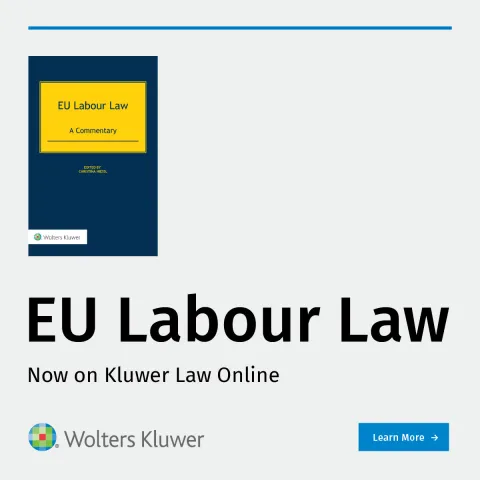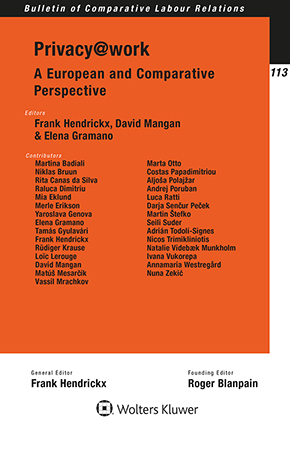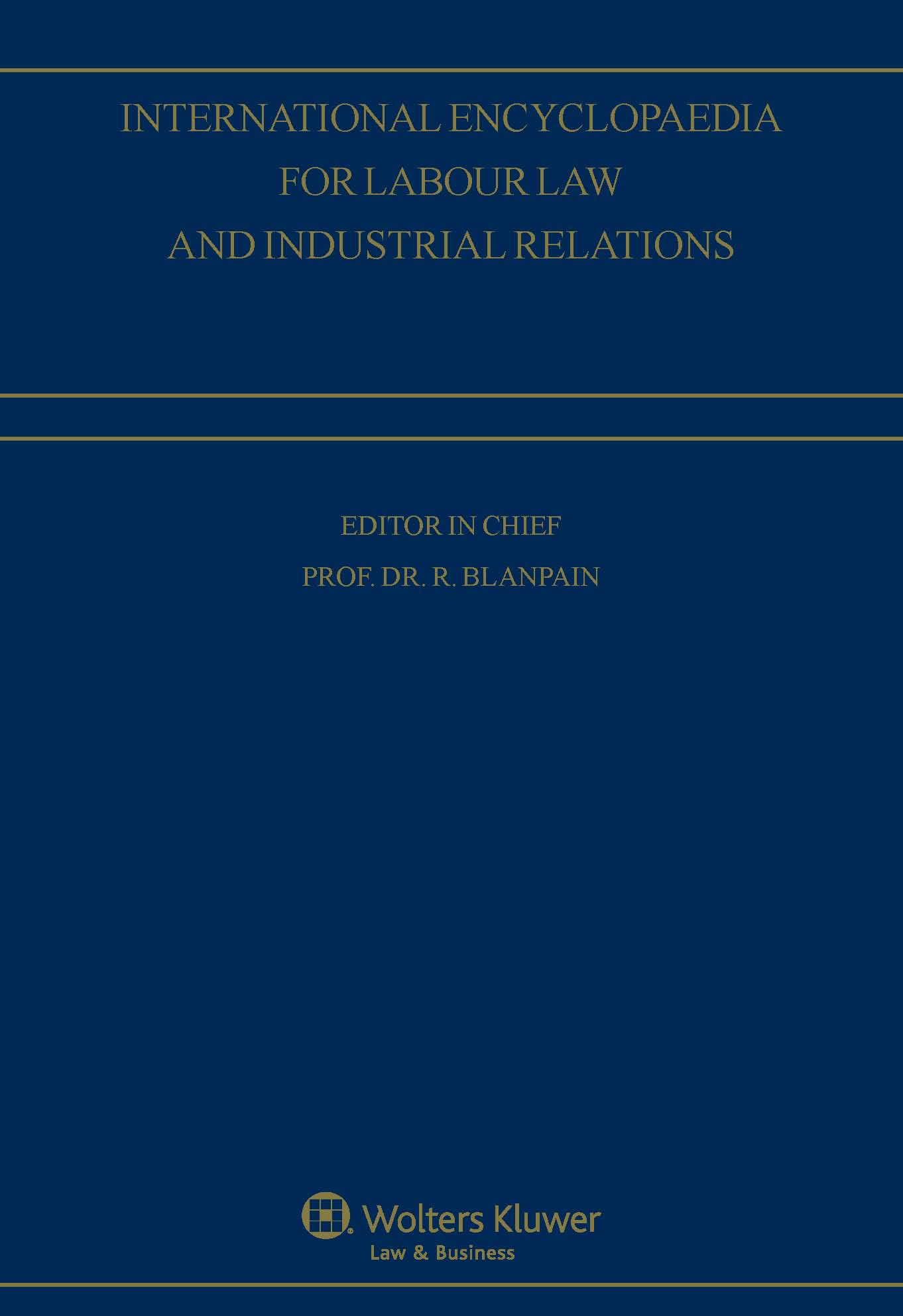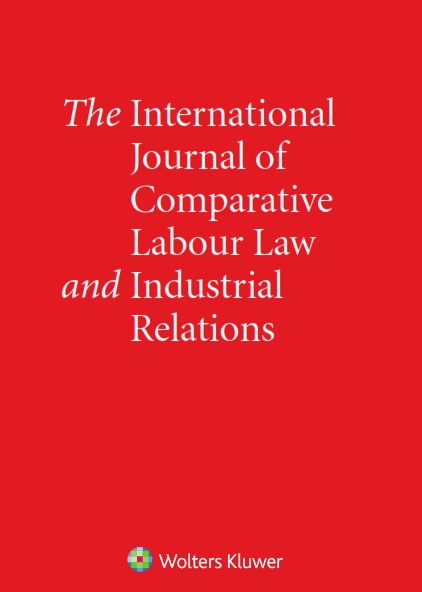Romantic Relationships at the Workplace: What about Employees’ Right to Privacy?
August 8, 2025
Resignations after Jumbotron display at Coldplay concert reveals relationship between colleagues
The ‘Jumbotron incident’ at the Coldplay concert in Massachusetts on Wednesday, July 16, 2025, has drawn significant public attention. Many have now seen the video in which a couple embracing was captured by the ‘kiss cam’. Upon realising they were being shown on big screen, the woman covered her face and turned away, while the man quickly ducked out of the frame in an attempt to hide. The video, recorded by another concert attendee, was soon posted on TikTok and went viral. Internet sleuths quickly identified the man as the CEO of the tech company Astronomer and the woman as the company’s Chief People Officer, and found out that both were married - though not to each other.
Not only was the personal backlash on the internet intense, but professional consequences soon followed. Two days after the concert, Astronomer released a statement announcing that the Board of Directors had launched a formal investigation into the incident. The following day, the company issued a further announcement that the CEO had resigned. In its statement, the company emphasised its commitment to its core values and culture, stating: ‘Our leaders are expected to set the standard in both conduct and accountability, and recently, that standard was not met.’ Later, Astronomer confirmed that the head of the HR department had also resigned.
This incident raises important questions about how romantic relationships should be navigated in the workplace. Although the individuals involved were not formally dismissed by the company but chose to resign voluntarily, it is highly likely that their decision was directly influenced by the ‘kiss cam incident’, which disclosed a relationship that was seemingly in violation of company policies due to an apparent failure to report it. Unsurprisingly, this lack of disclosure raised concerns about potential conflicts of interest and favouritism, particularly given the subordinate position of the head of HR relative to the CEO. As a result, their conduct came under scrutiny for its appropriateness and ethical integrity, especially considering their positions within the company’s senior leadership.
Nevertheless, resignation appears to be a severe consequence for a romantic relationship that falls within the realm of private life. Consequently, this case raises broader questions about the extent to which employees’ personal lives can influence employers’ decisions regarding their professional careers. In light of the statement issued by the individuals’ former employer – emphasising the expectations placed on leadership with respect to both conduct and accountability – the question also arises as to whether the degree of permissible interference with an employee’s right to privacy may vary according to an employee’s position within the organisational hierarchy. This blog post will examine these questions through the lens of the European framework for privacy protection.
Privacy as fundamental right
As discussed previously on this blog on the importance of a central position of privacy in the global workplace, privacy is a fundamental right according to the European Convention on Human Rights (ECHR) and the Charter of Fundamental Rights of the European Union (CFREU), in addition to other supranational sources. Particularly relevant is the right to privacy enshrined in Article 8 ECHR, due to its established horizontal applicability within the workplace context, which recognises everyone’s right to respect for their private life. Although the text refers to ‘private life’ rather than ‘privacy’, the term is commonly understood as synonymous with a broad concept of privacy – namely, ‘the right to live one’s own life with a minimum of interference’.
Employees, too, have a right to privacy. However, by its very nature, an employment relationship implies a degree of subordination. An employer exercises authority over its employees, and employees are obligated to follow the employer’s orders and instructions in the performance of their contractual duties. As such, it is inherent to the employment relationship that the employee relinquishes a certain degree of his right to privacy. For example, an employer may monitor whether employees are carrying out their duties during working hours, even though this interferes with the employees’ privacy.
Prohibiting romantic relationships at the workplace or even dismissal as a result: a step too far?
An interference with employees’ right to privacy by their employer is only allowed if the interference is in accordance with the law, if a legitimate aim is pursued, and if the interference is proportionate to that aim. In the specific context of employment, interference with an employee’s right to privacy may be based on work regulations or other policy documents issued by the employer, as long as they are sufficiently accessible and foreseeable to enable employees to adjust their behaviour accordingly. Employers may, for example, establish guidelines to navigate romantic relationships at the workplace.
The employer's legitimate aim in establishing such guidelines is to safeguard the rights and freedoms of others within the workplace. It is the employer’s responsibility to prevent the development of a hostile work environment, to avoid conflicts of interest, to ensure that no employee perceives or experiences preferential treatment, and to prevent any form of sexual harassment.
Nonetheless, it is not allowed to impose an outright ban on all romantic relationships in the workplace, as an employer’s instructions cannot reduce private social life in the workplace to zero. As romantic relationships are regarded as private matters, employers must approach the issue with sensitivity, and a careful balance must be struck between the different interests involved. It is considered acceptable to require employees to disclose a workplace relationship, particularly when it may give rise to a conflict of interest, as in the Astronomer case. Should a relationship lead to aforesaid conflict or begin to disrupt business operations, certain measures – for instance reassigning one of the individuals to a different department or role - may be appropriate. However, any such changes must be supported by sufficient evidence demonstrating disruption to business operations or a negative impact on the interests of others. In the absence of said evidence, changes should be made through mutual agreement, as unilaterally altering key terms of an employment contract could be deemed a breach of contract, and could consequently be considered a breach of the right to privacy.
In severe cases, dismissal may be appropriate. However, employers must proceed with caution as a dismissal could be found to interfere with the right to respect for private life based on the reasons-based approach according to which the right to privacy is at stake when a person loses a job because of something he or she did in private life. Dismissal is only justifiable if it can be clearly demonstrated that the romantic relationship significantly impairs the employee’s performance or has a substantial negative impact on the company or other employees. The specific circumstances surrounding the relationship are therefore crucial in assessing whether termination is appropriate.
Different consequences depending on the employees’ hierarchical positions?
As previously noted, the rights and freedoms of others must be protected in the workplace. The main criterion to assess in the context of romantic relationships is therefore whether the relationship could impair these interests, for instance by creating a conflict of interest. In the case of employees dating subordinates, a conflict of interest is not far away, and a justified dismissal could be possible. A relevant example is a Belgian case dated 11 September 2023, in which the head of HR at a hospital was dismissed for a ‘breach of trust’ arising from his romantic relationship with a nurse employed at the same institution. He had attempted to favour her within the hospital’s management, and became involved in a dispute between her and a union representative, whom he subsequently threatened. The Labour Court of Mons held that this behaviour justified the dismissal.
The employees’ positions within the organisational hierarchy could thus lead to a different assessment of the employees’ right to privacy, primarily in terms of the power dynamics the respective positions create. Whether the individuals are senior managers or lower-level employees does not, in itself, determine how the relationship should be assessed. What is crucial is whether the relationship could give rise to conflicts of interest or infringe upon others’ rights and freedoms - risks that frequently arise when a power imbalance exists due to differences in hierarchical position, as was the case with Astronomer’s CEO and head of HR. Therefore, it cannot be concluded that, for instance, all relationships between senior management are prohibited, while relationships between lower-level employees are permitted. Instead, employers must assess whether the interests of others are at stake and whether those interests have greater significance than the employee’s right to privacy.
To prevent issues, it is advisable to establish company guidelines requiring the disclosure of romantic relationships. However, it remains essential to continue safeguarding employees’ right to privacy in order to maintain a protected space for private life within the workplace by aligning company guidelines with the criteria established under Article 8 ECHR. This need is especially pressing in an era of growing digitalisation, where the boundaries between professional and personal life are increasingly blurred.
You may also like











